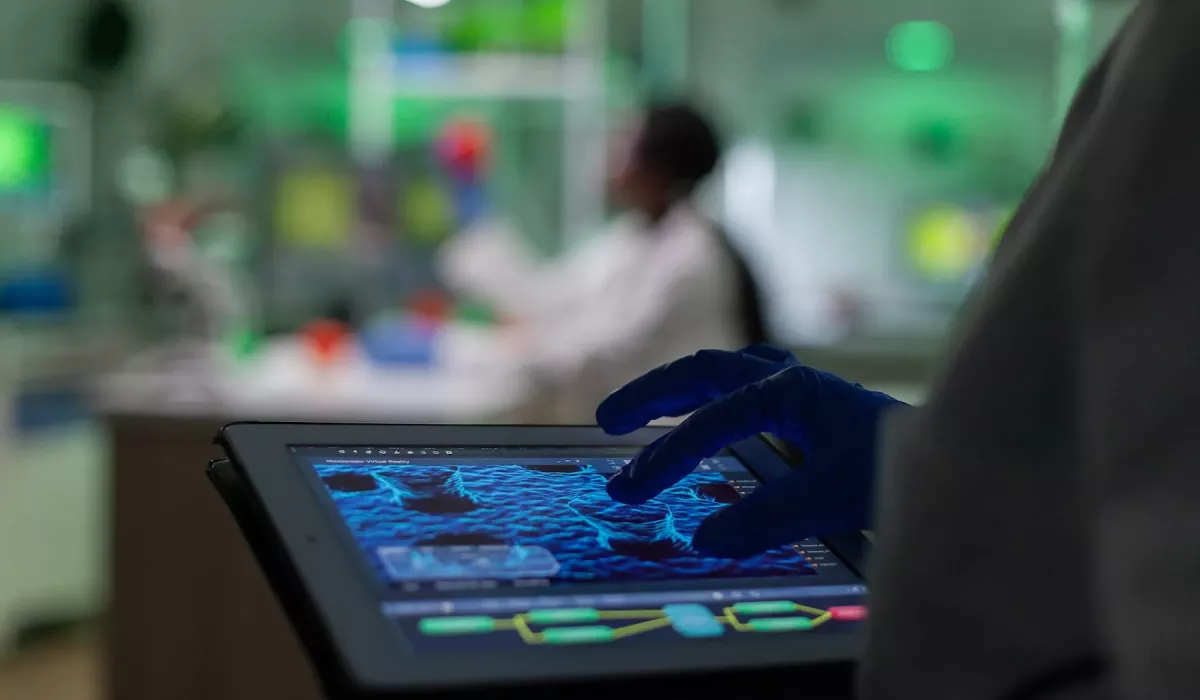
The Indispensable Human Role in an AI-Driven Pharmaceutical Industry
The pharmaceutical industry is undergoing a transformative period, driven largely by advancements in artificial intelligence (AI). This technology’s capacity to process and analyze vast datasets has undeniably accelerated various aspects of drug development. However, despite these technological strides, the human element remains irreplaceable in ensuring the industry’s success and ethical advancement.
While AI excels at data-intensive tasks such as identifying potential drug candidates, its capabilities are limited when applied to areas demanding human qualities like empathy, creativity, and ethical judgment. The pharmaceutical industry, inherently focused on human health, requires a deep and nuanced understanding of patient needs, disease complexities, and the intricacies of human behavior.
For instance, in the drug development process, AI can expedite early-stage research by analyzing molecular databases. Nevertheless, translating these findings into effective treatments necessitates a profound comprehension of human physiology, disease progression, and patient experiences. Such knowledge, coupled with empathy, is essential for bridging the gap between benchtop research and real-world patient care. Patient centred drug development needs to have a human component.
Moreover, the pharmaceutical industry operates within a complex regulatory framework. Although AI can support compliance efforts, it cannot substitute for human judgment in interpreting guidelines, fostering relationships with regulatory authorities, and making ethically sound decisions. Trust and transparency, fundamental to industry, are cultivated through genuine human interaction. The regulatory landscape requires a deep understanding of both the letter and the spirit of the law, which often necessitates human judgment.
The emergence of digital health and personalized medicine presents both opportunities and challenges. AI can contribute significantly to developing tailored treatment plans by analyzing patient data. However, delivering these plans requires effective communication, addressing patient concerns, and building trust – skills that are uniquely human. Many in the industry have highlighted the importance of human-to-human interaction in building trust between healthcare providers and patients.
In conclusion, AI is a valuable tool but not a panacea for the pharmaceutical industry. To achieve its full potential, the industry must invest in developing employees’ interpersonal and critical thinking skills. By cultivating a workforce that harmonizes technological proficiency with human empathy and creativity, organizations can drive innovation, improve patient outcomes, and establish a sustainable future.
The pharmaceutical landscape of tomorrow will be shaped by the effective integration of AI and human expertise. Those who can navigate this complex interplay successfully will be at the forefront of industry leadership. This is the case in 2024 but unlikely to be true in 2034.
Recent Posts
- Time Kills Deals: Why Speed is Your Most Powerful Hiring Tool
- Beyond the Paycheck: The Four Pillars of Attracting Top Talent in 2026
- The Experience Premium: Why 55 is the New 40 in Tokyo
- Beyond the “Black Swan”: Why Life Science Firms Must Pivot from Perfection to Potential in 2026
- The “Player-Coach” Era: Why Your Technical Pedigree is No Longer Enough


